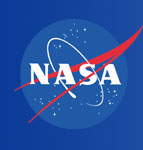

| Home |
| Call for Papers |
| Call for Posters |
| Registration |
| Agenda |
| Session Descriptions |
| Paper Session Abstracts |
| Speakers |
| JPL Tours |
| Travel Info |
| Contact Us |
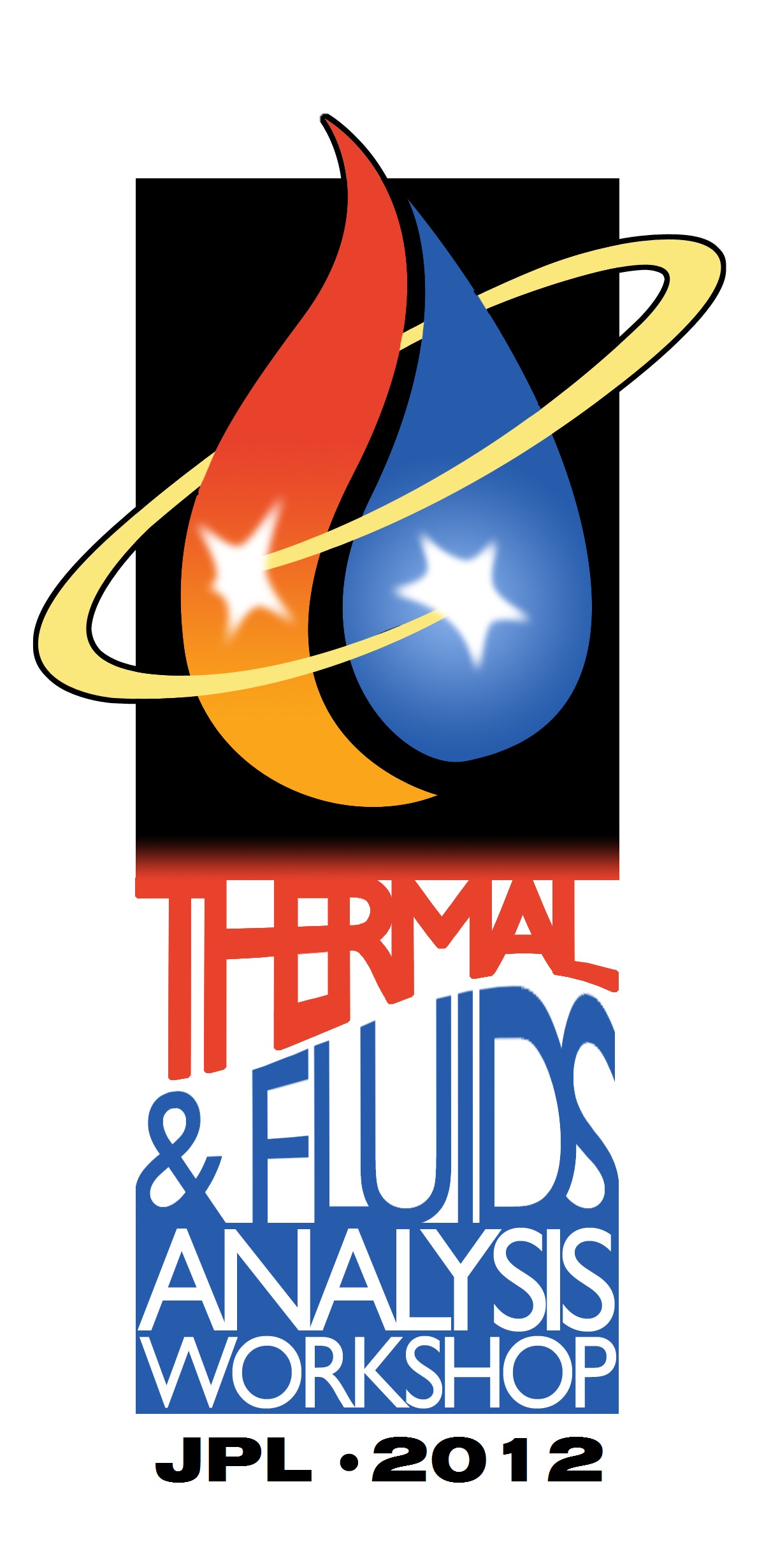
|
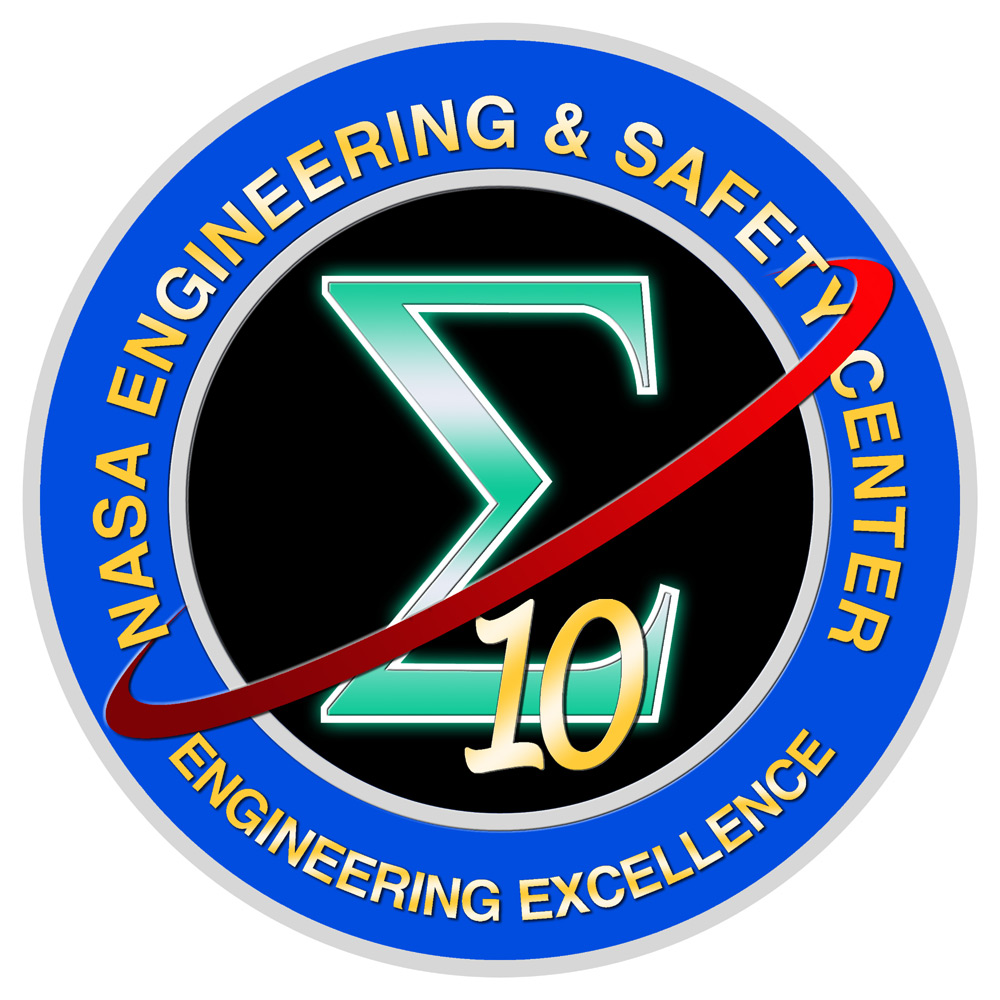
|
|
|
TFAWS 2012 Speakers
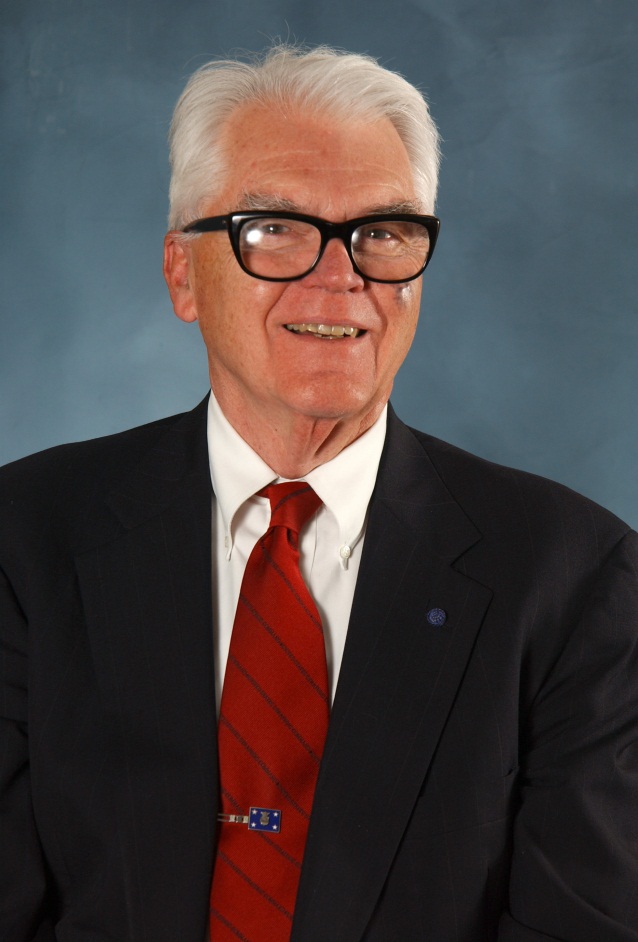
|
Wednesday Keynote Dinner Speaker Topic: Proliferation of Nuclear Weapons Dr. Hans Mark (Professor of Aerospace Engineering and Engineering Mechanics - University of Texas at Austin) Abstract: The Nuclear Nonproliferation Treaty (NPT) was negotiated in 1968 and currently 189 nations have signed the treaty. Currently, only four nations, Israel, India, Pakistan and North Korea, have not signed the treaty. Nuclear weapons have been built by these nations. A good argument can be made that there would have been many more nations with nuclear weapons had there been no treaty. The current world wide inventory of nuclear weapons will be described in some detail. Recommendations for future development in nuclear weapon technology will be presented for discussion. Bio: Dr. Hans Mark is a leading expert in the fields of both aerospace design and national defense policy. For fourteen years Dr. Mark was associated with the University of California’s Nuclear Weapons Laboratory at Livermore serving as Physics Division Leader from 1960 to 1964. He was named Under Secretary of the Air Force and Director of the National Reconnaissance Office in 1977. While Director of the National Reconnaissance Office he initiated the development of a new reconnaissance satellite system and the upgrade of two others. As Secretary of the Air Force (1979 to1981), Dr. Mark initiated the establishment of the U.S. Air Force Space Command. During his tenure as Deputy Administrator of NASA from 1981 to 1984, Dr. Mark oversaw the first fourteen Space Shuttle flights and was a leading contributor to the establishment of the U.S. Space Station Program. Over the past twenty years, Dr. Mark has served as Chancellor of the University of Texas System (1984 to 1992) and is still actively involved in research and teaching at the University of Texas Cockrell School of Engineering in Austin. From 1998 to 2001, Dr. Mark was on leave from the University to serve in the Pentagon as Director of Defense Research and Engineering. Dr. Mark received an A.B. Degree in physics from the University of California, Berkeley and a PH.D. in physics from the Massachusetts Institute of Technology. He has been a member of the National Academy of Engineering for 35 years and holds six honorary doctorates.
|
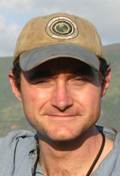
|
Monday Lunch Speaker Topic: Ocean Worlds of the Outer Solar System Dr. Kevin Hand (JPL) Abstract: At least five moons in the outer solar system may harbor liquid water oceans. These oceans have likely persisted for much of the history of the solar system and as a result they are highly compelling targets in our search for life beyond Earth. Dr. Hand will explain the science behind why we think we know these oceans exist and what we know about the physical and chemical conditions that likely persist on these worlds. He will also show how the study of several extreme environments on Earth are helping to inform our search for habitable environments on distant worlds, while simultaneously providing new insights into Earth’s complex ecosystems. Bio: Dr. Kevin P. Hand is Deputy Chief Scientist for Solar System Exploration at JPL. His research focuses on the origin, evolution, and distribution of life in the solar system with an emphasis on moons of the outer solar system that likely harbor liquid water oceans. These moons are prime targets in our search for life beyond Earth. His work involves numerical modeling, laboratory experiments, and field campaigns exploring some of Earth’s most extreme environments. His fieldwork has brought him to the Dry Valleys of Antarctica, the depths of the Earth’s oceans, the icy permafrost of Alaska, and to the glaciers of Kilimanjaro. In 2011 he was selected as a National Geographic Emerging Explorer. Kevin has been featured in several television documentaries for National Geographic, Discovery, and PBS, and was featured in the IMAX film ‘Aliens of the Deep’.
|
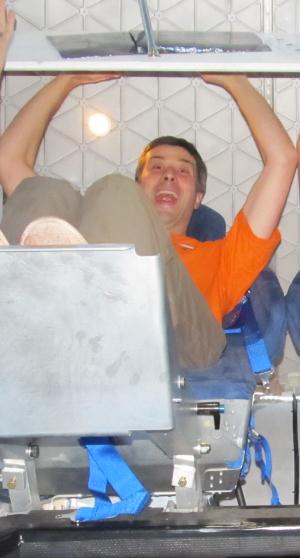
|
Tuesday Lunch Speaker Topic: “We got a Dragon by the tail”: ISS receives a new visiting vehicle. Dr. Mauro Prina (Space X) Abstract: In May 2012, SpaceX made history when its Dragon spacecraft became the first commercial vehicle in history to successfully attach to the ISS. Previously only four governments- the US, Russia, Japan and the European Space Agency had achieved this challenging technical feat. The capsule was well received by the ISS crew and has now returned to earth with down cargo. Bio: Mauro earned his Ph.D in Mechanical Engineering from the Polytechnic of Milan in Italy working on Hydrogen storage in Metal Hydrides. Since then he has worked for JPL as a Planck Sorption Cooler System Engineer where he developed heat switches, analyzed the compressor cycle and tested the flight hardware. The Plank satellite is now taking pictures of the first light visible in the Universe after several sky surveys. Mauro worked on the pumped fluid loop for Curiosity, which will land on Mars this coming August. Since joining SpaceX in 2007, Mauro has worked on the Falcon 1 and Falcon 9 rockets but is primarily focused on the Dragon capsule. He grew the SpaceX thermal team and is heavily involved in the thermal protection systems and material contamination.
|
Wednesday Lunch Speaker Topic: Virgin Galactic Space Flight Program Wes Persall (Virgin Galactic) Abstract: General Spaceship2/WhiteKnight2 program overview, how we got started and where we are headed. I will discuss the basic design philosophy and our flight test program development. I will also discuss some of the products we will be providing once commercial service starts, i.e. paying passenger experience and payload science program. Bio: Attended Auburn University, received bachelors in Aerospace Engineering. Went directly into USAF after college, stationed at Edwards Air Force Base as a developmental flight test engineer with the Hypersonic Flight Test Team (now Hypersonic CTF). Worked on the X-43, X-51 and X-37 ALTV/OTV. Exited the AF after 5 years of service, went to Scaled Composites to begin work on Spaceship2/WhiteKnight2 program. Equipped SS2/WK2 with flight test instrumentation and setup control room for real-time monitoring during the flights. Active member of WK2/SS2 flight crew as flight test engineer, logging 12 flights in WhiteKnight2 and 1 SS2 flight. Now working with Virgin Galactic as flight test/Avionics engineer to finish flight test program and move into commercial service.
|
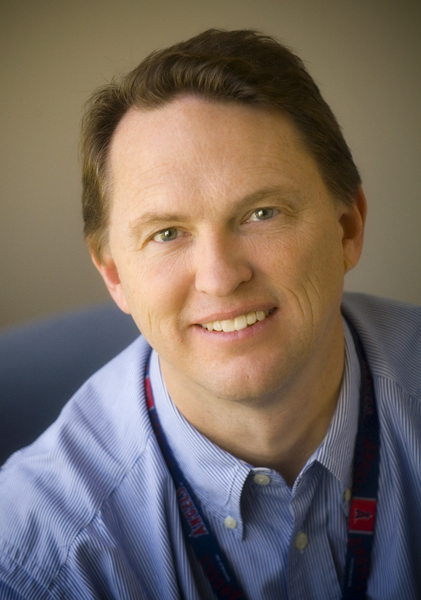
|
Thursday Lunch Speaker Topic: Advances in Hypersonic Propulsion and Aero-Thermodynamic Knowledge and Technology, and the Hypersonic Systems They Will Enable Dr. Kevin Bowcutt (Boeing) Abstract: The knowledge and technology of hypersonic fluid mechanics, propulsion systems, aero-propulsion integration, and high-temperature materials and thermal protection systems are advancing rapidly through significant recent accomplishments in computational analysis, ground testing, and flight testing. These advancements will enable new hypersonic systems ranging from missiles, to aircraft, to launch vehicles that will have far greater capabilities than those of current aerospace systems. This presentation will summarize many of these advancements, associated flight test programs, and advanced hypersonic concepts that could become realities early in the next decade. Bio: Dr. Bowcutt is an internaitonally recognized expert in hypersonic aerodynamics, propulsion integration, and vehicle design and optimization. He developed the modern viscous-optimized hypersonic waverider; was a technical leader on the National AeroSpace Plane (NASP) program; originated the concept and led multidisciplinary design optimization of what is now the X-51 hypersonic scramjet experimental flight vehicle; and worked on the Space Shuttle Columbia accident investigation simulating the aero-thermal-structural failure of the damaged wing leading edge. In the spring semester of 2007 Dr. Bowcutt was a visiting professor at Princeton University’s Mechanical and Aerospace Engineering Department where he taught a course in hypersonic aircraft design. Dr. Bowcutt currently supports the X-51 flight test program, leads design activities for hypersonic vehicles, particularly reusable launch vehicles, and leads Boeing’s technical participation in the Hypersonic International Flight Research Experimentation (HIFiRE) program, a collaborative effort involving the U.S. Air Force Research Laboratory, several Australian entities, and Boeing. |